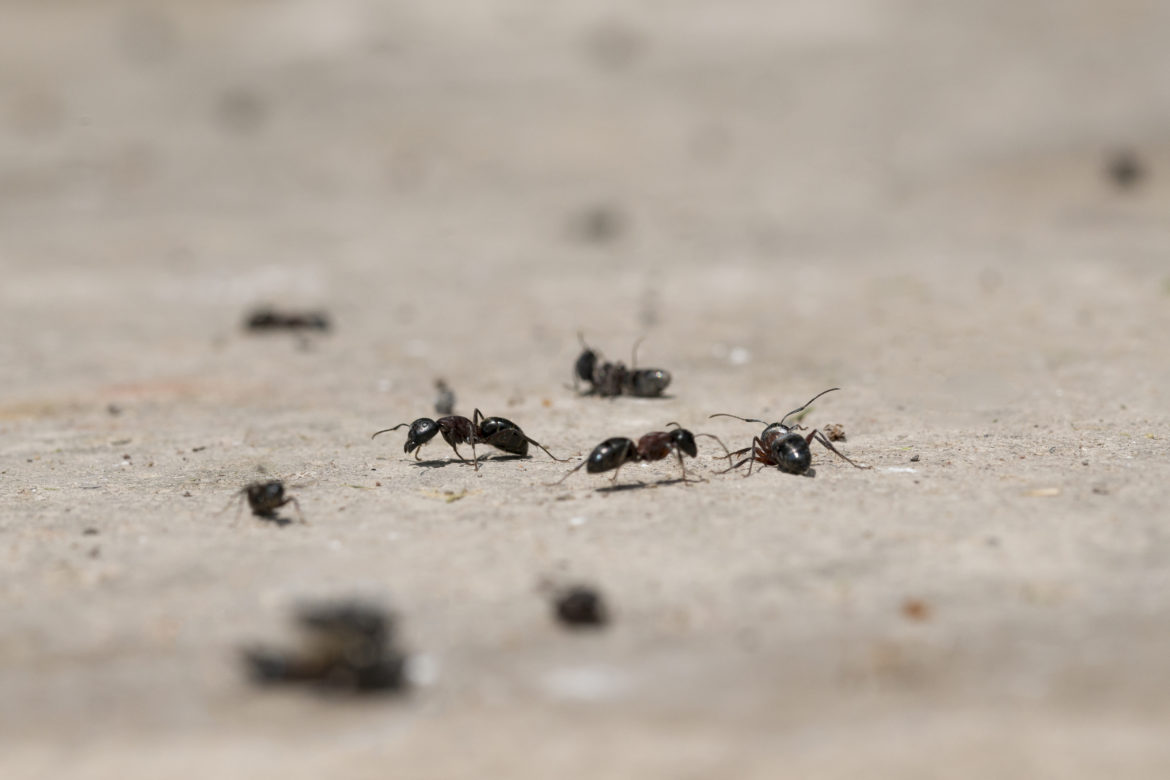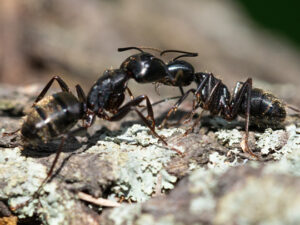
We rarely think about ants, but when we do, it’s because we’ve seen them bothering us around the home or when we’re out on a picnic. However, the ants are very interesting insects that are being studied by scientists to this day.
In almost any environment, ants are busy day and night with building, foraging, fighting and growing their colonies. The leaf cutter ant for example lives in a colony of millions, and that entire colony needs to be fed and taken care of. That is quite a tall order, and in order to fulfill it, the leaf cutter has jaws that contain a large proportion of zinc, which basically turns its mandibles into tiny can openers.
So the leaf cutter ants will use their mandibles to cut leaves and take them to their colony. But what is really interesting is that other leaf cutters will climb onto the leaf and be carried around by their nest mates. The reason for this is that it helps the colony conserve more energy overall than having everyone walk back to the colony.
Even more interestingly, the ants don’t actually eat the leaves. Instead they carry them back to their colony and then they turn the leaves into mulch which is used to raise fungus, which is what they actually eat. Basically, they are farmers.
This behavior is obviously a sign of intelligence, right? Well, not really. Individual ants are quite inept. However, when they start to grow in numbers, they develop a sort of collective intelligence. They do not need a leader or coordinator. There are no organizers, managers or bureaucrats. Instead, the workers rely on each other, and they sort of “follow the crowd”. Each individual ant gives off pheromones as it acts in the world, and other ants pick up on these pheromones, which triggers a chain reaction with ants bouncing pheromone reactions off each other.
Researchers are now looking at how they could apply similar systems in our society. For example, ant collective behavior may point to the most efficient way to get passengers on a plane. The system the researchers came up with is called open seating, where passengers board the plane without seat numbers. When using numbered seats, there is a higher likelihood that a passenger will have to ask two others to get up in order to reach his seat. However, with open seating, the middle seats will be filled last since they are the most undesirable, so the number of people that have to get up in order for someone to reach their seat would only be one.
Using the wisdom-of-the-crowd that ants are able to employ so effectively could be applied in other areas of our society as well, in order to improve our own efficiency.










